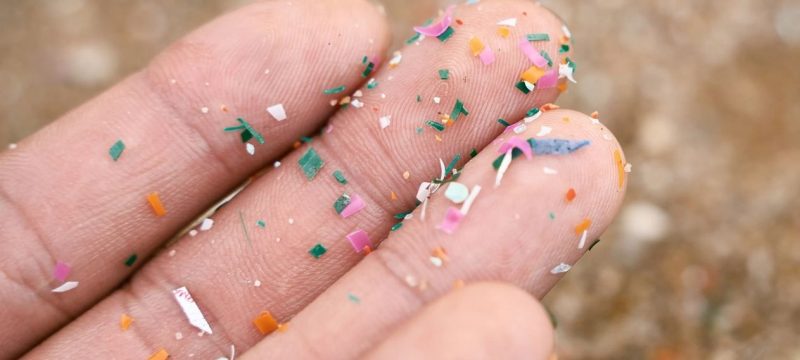A groundbreaking study by Austrian scientists has revealed that tiny plastics commonly found in food packaging may harm the human gut and increase the risk of bowel cancer and depression. The research is the first to confirm such effects in human samples.
Researchers examined tissue samples from healthy volunteers and discovered that microscopic plastic particles can alter microbial activity inside the intestines. These changes mirrored biological patterns previously linked to bowel cancer and depression, raising new concerns about the impact of plastic pollution on human health.
“This is the first human study to show that tiny plastics can change the gut microbiome,” the researchers said, describing the findings as a wake-up call for global health authorities.
How Tiny Plastics Enter the Body
Tiny plastics, also known as microplastics, are particles smaller than two micrometers — about two-thousandths of a millimeter. They form when plastic products break down in the environment, contaminating food, water, and even the air.
Once inside the body, these particles can interact with gut bacteria and intestinal linings, potentially disrupting digestion and mental well-being. Previous studies have already detected microplastics in human blood, lungs, breast milk, and placental tissue — proving that they are almost impossible to avoid in modern life.
Experts Warn of Widespread Exposure
Lead researcher Christian Pascher-Deutsch from the University of Graz said the findings are concerning because microplastics are now part of our everyday surroundings. “They have been found in fish, salt, bottled water, and even tap water,” he said. “That means most people are exposed to them daily through food, breathing, and skin contact.”
While scientists say more research is needed, they agree that tiny plastics can influence the gut microbiome — a community of trillions of microorganisms vital for digestion, immunity, and mental health. Disruptions in this system have been linked to diseases such as inflammatory bowel disease, obesity, and depression.
Experts call the study an important step in understanding how environmental pollution may contribute to human diseases. Though it does not prove that microplastics directly cause cancer or depression, researchers stress that investigating the long-term effects of plastic exposure is now a top scientific priority.
In other news read more about Marriage Improves Health, Happiness, and Emotional Well-Being, Study Reveals









